"Our task is to do our utmost to strengthen the friendship between Hungarians and Bulgarians," said Miklos Soltesz, state secretary for church and minority relations, in Somogycsicso, south-west Hungary, on Wednesday.

As reported by Magyar Nemzet, Hungary-Bulgaria relations are currently under strain. Bulgaria has imposed a special tax on all gas transiting through its territory, and not only on gas coming from Russia. The extra tax accounts for a quarter of the price of gas itself, hitting Hungary rather hard: Russian natural gas delivered to Hungary mainly comes via Bulgaria, and the bills with hefty penalties are already arriving.
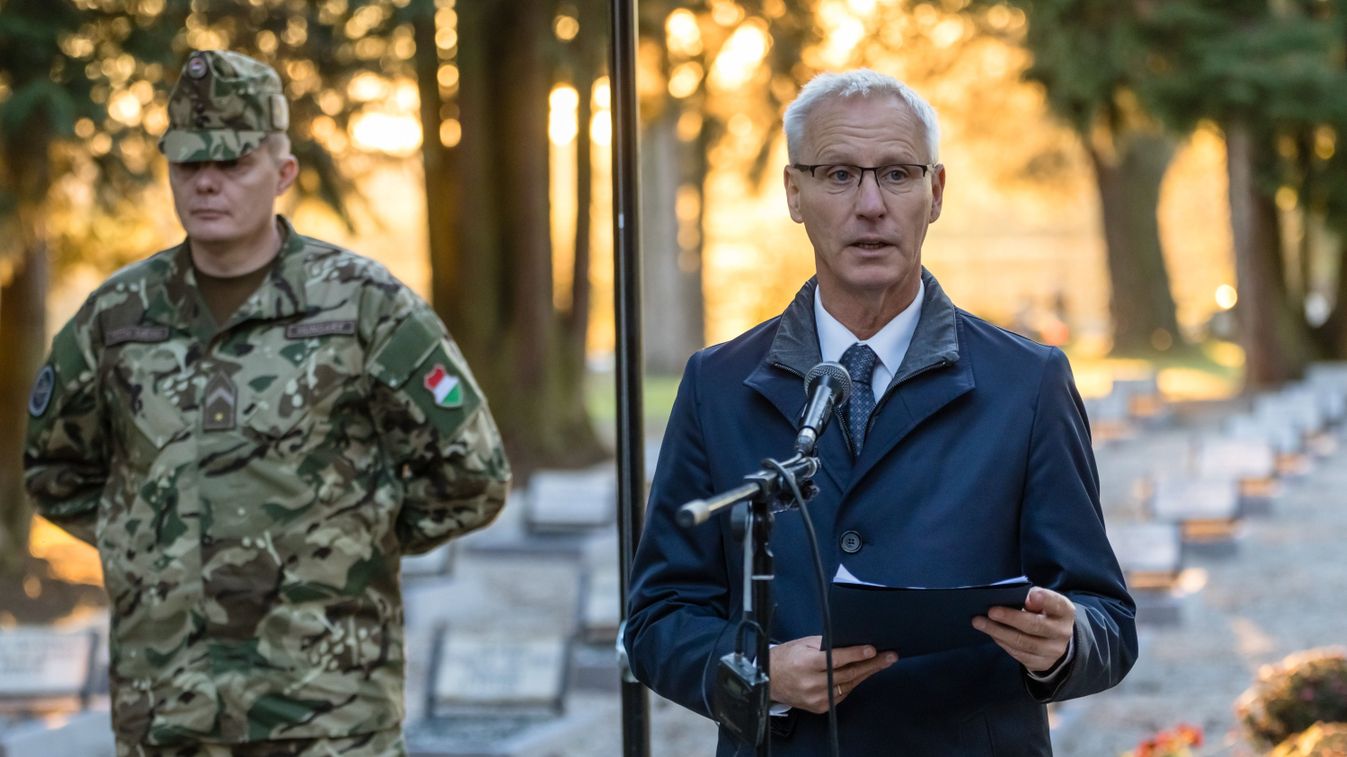
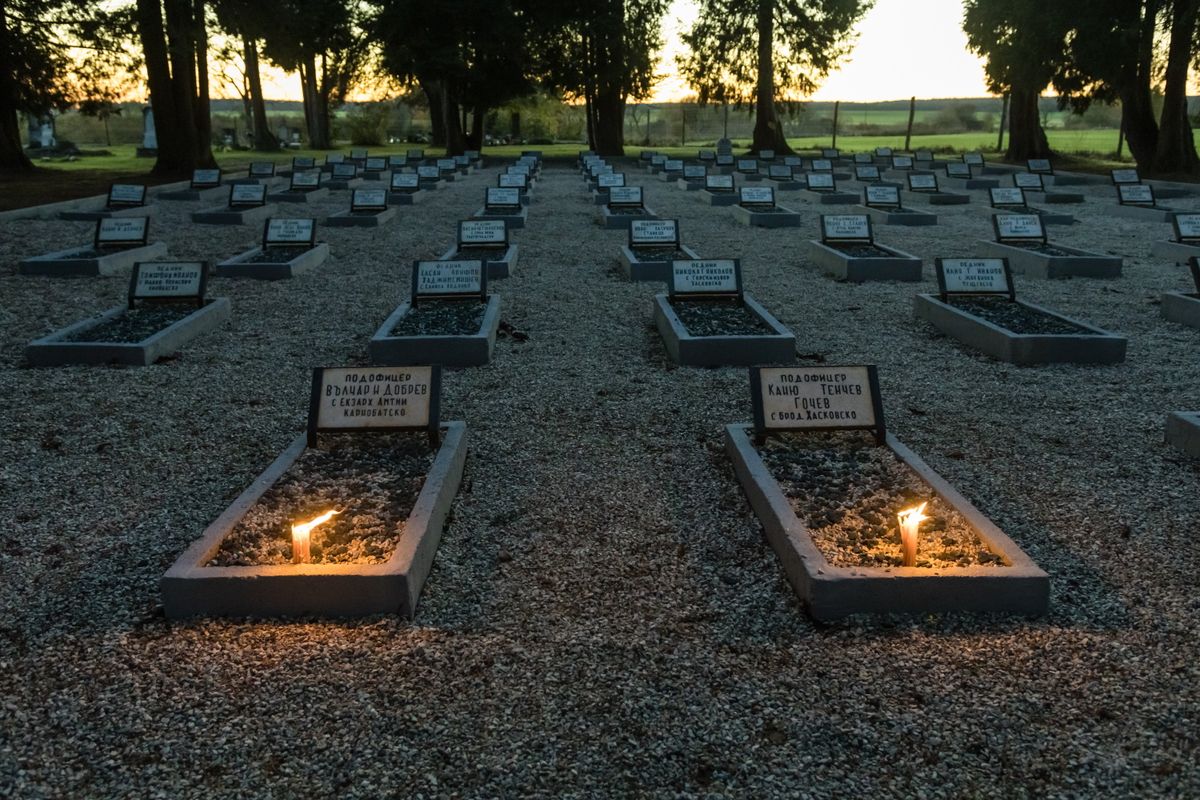
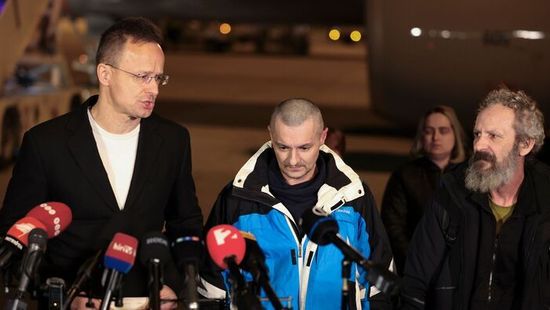
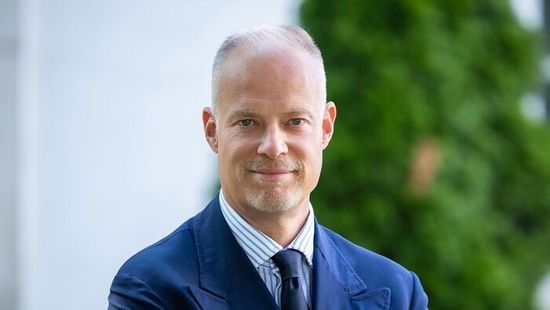
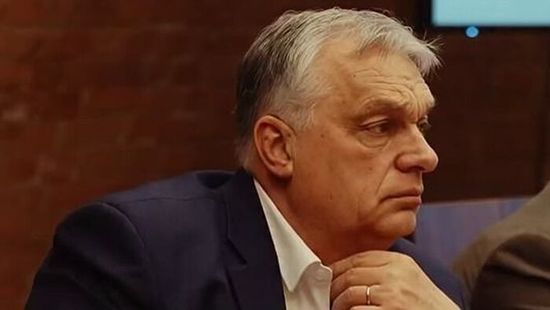


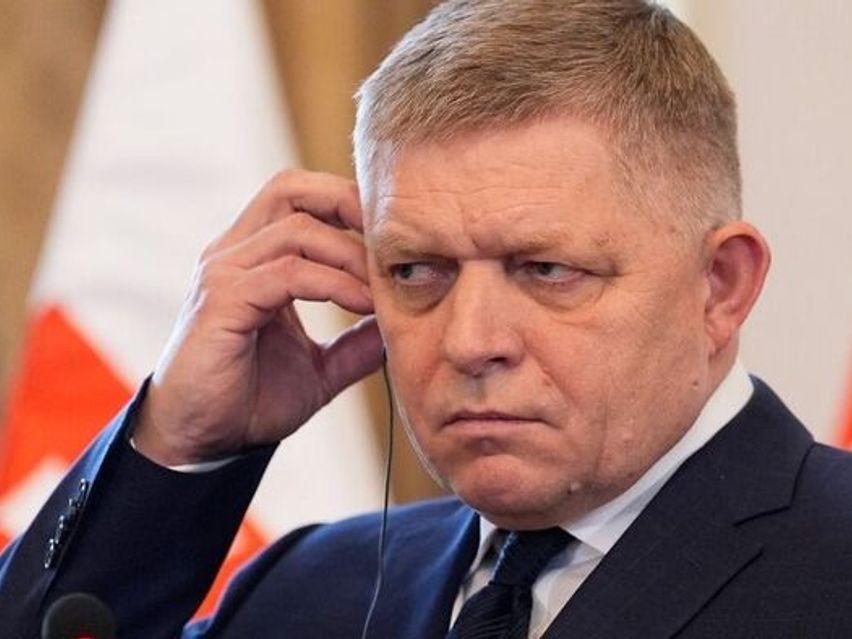
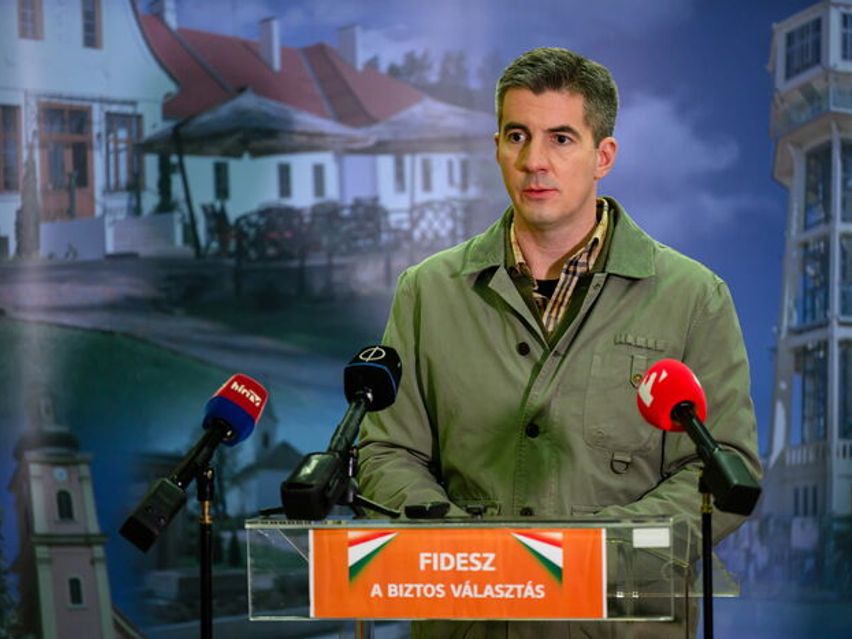
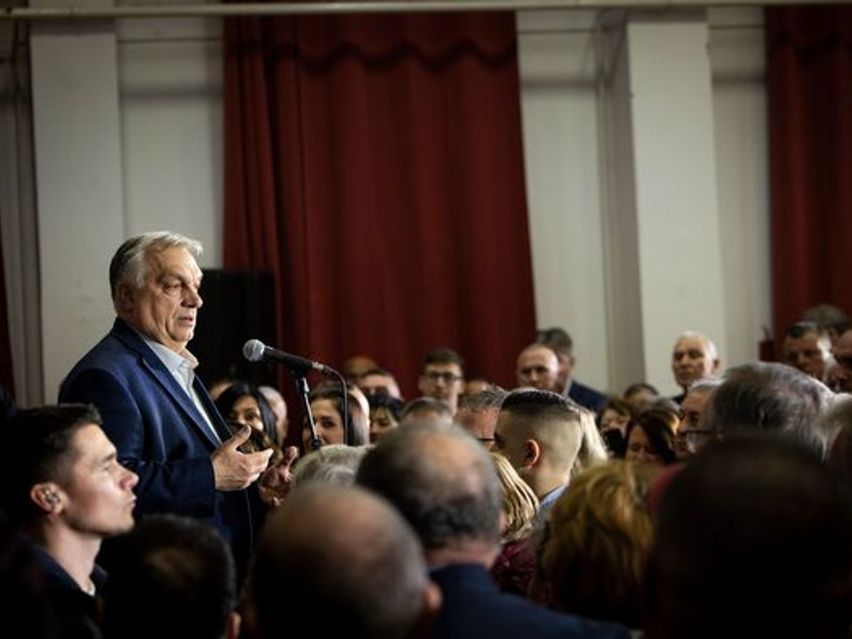
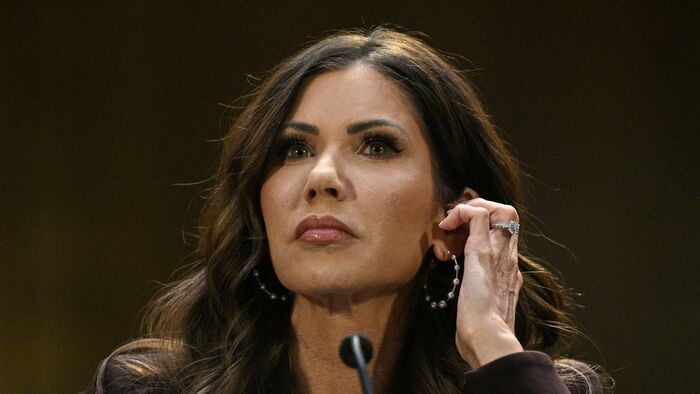

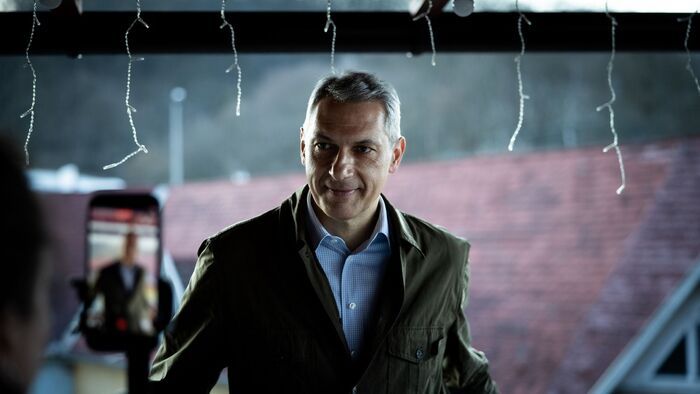
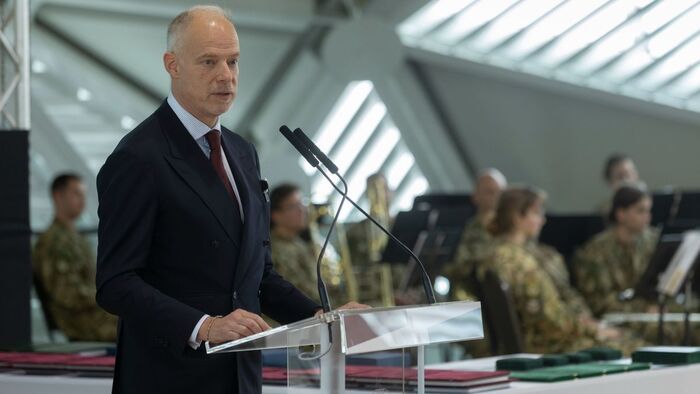
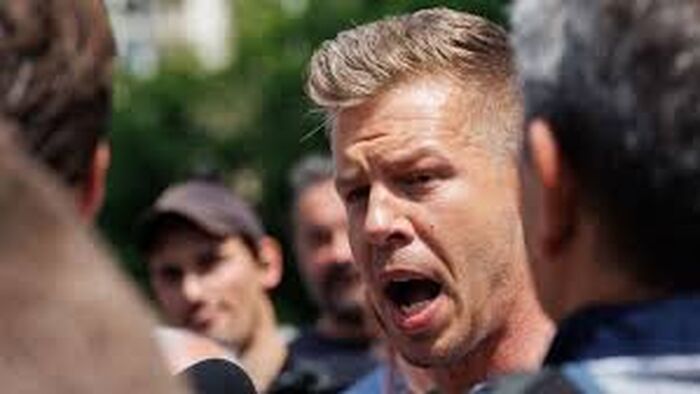
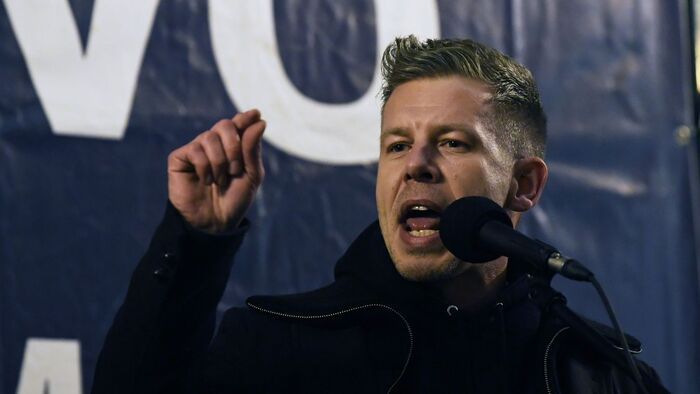
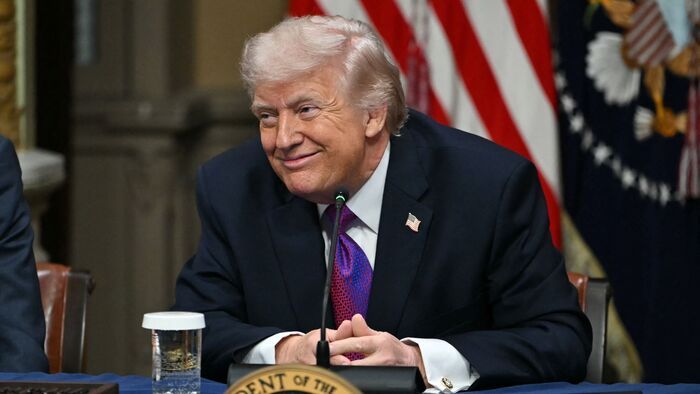
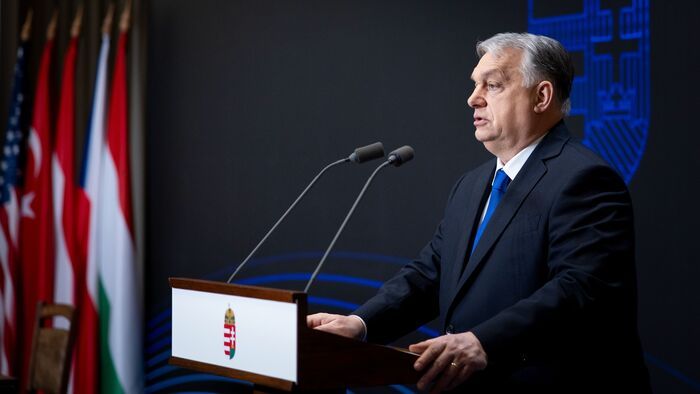
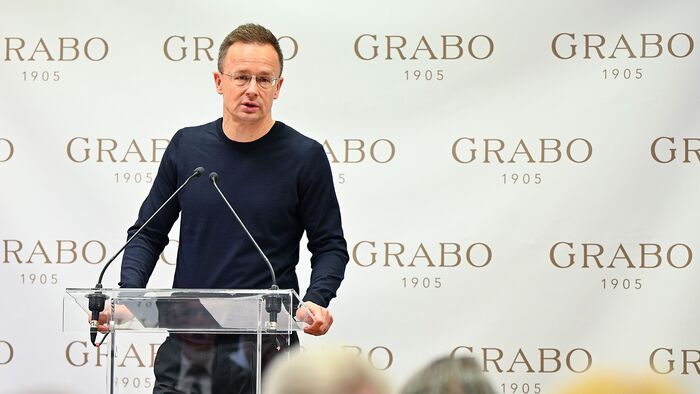

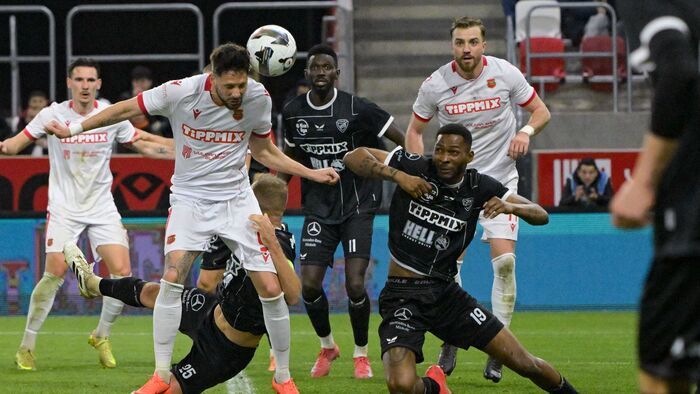
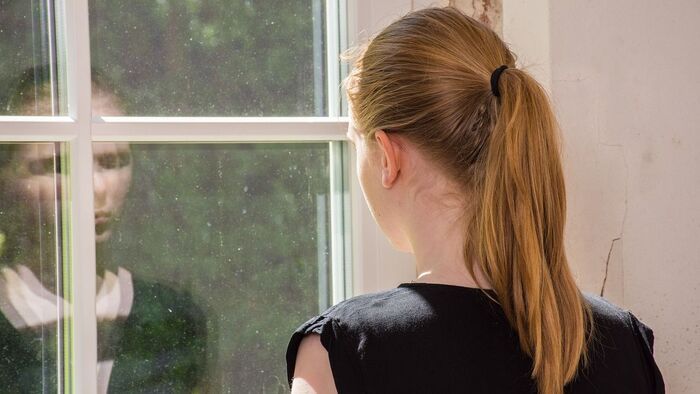
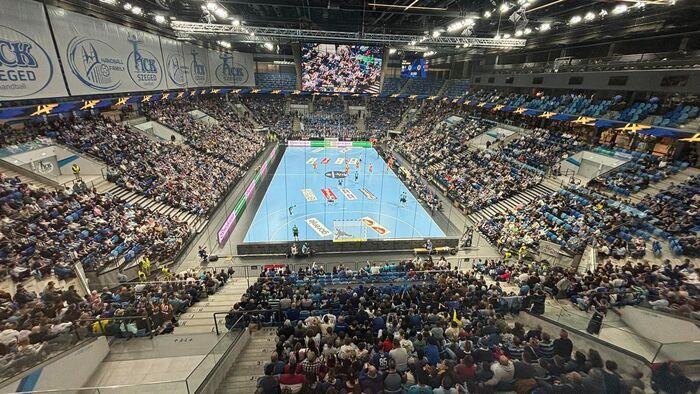

Szóljon hozzá!
Jelenleg csak a hozzászólások egy kis részét látja. Hozzászóláshoz és a további kommentek megtekintéséhez lépjen be, vagy regisztráljon!